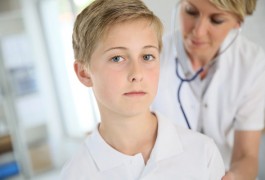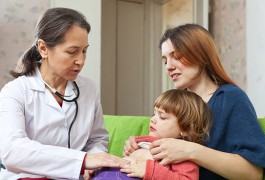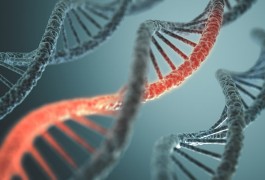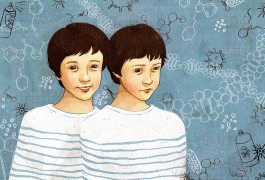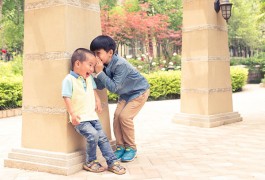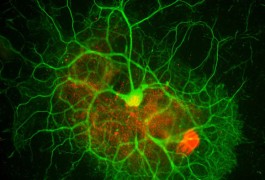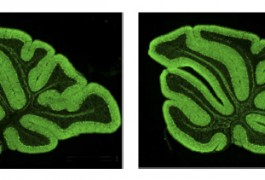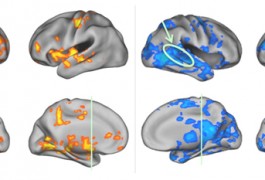Large Swedish study casts doubt on autism ‘epidemic’
Although increasing numbers of people are receiving an autism diagnosis, the proportion of the population with autism symptoms has remained steady. This finding, from a study of more than 1 million Swedish children, backs the theory that autism’s rise stems from greater awareness of the disorder.

